December the 10th, 2024 – Croatian tax changes are due to take effect on January the 1st, 2025. Here’s a rundown of what we can expect.
As Poslovni Dnevnik writes, 2025 is set to bring alterations to tax breaks for labour, payroll taxes, and perhaps the most controversial or all – the deeply unpopular property tax.
croatian tax changes set for January 2024 – property tax
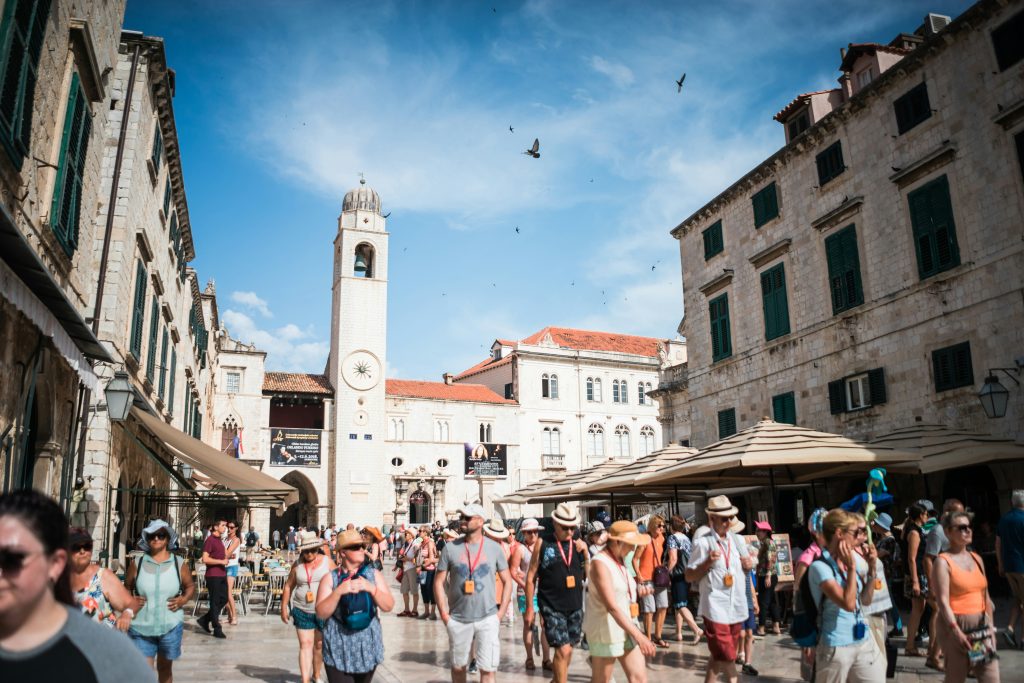
Vecernji list reports that as of January the 1st, 2025, the optional tax on “weekend homes” will be a thing of the past. All cities and municipalities will have to introduce a tax on property that isn’t being used as a permanent residence. If property owners believe that they should be exempt from paying such a tax, they’ll have to submit information and evidence on the basis of which they’re requesting an exemption by the end of March 2025 to the tax authorities responsible for the property’s location.
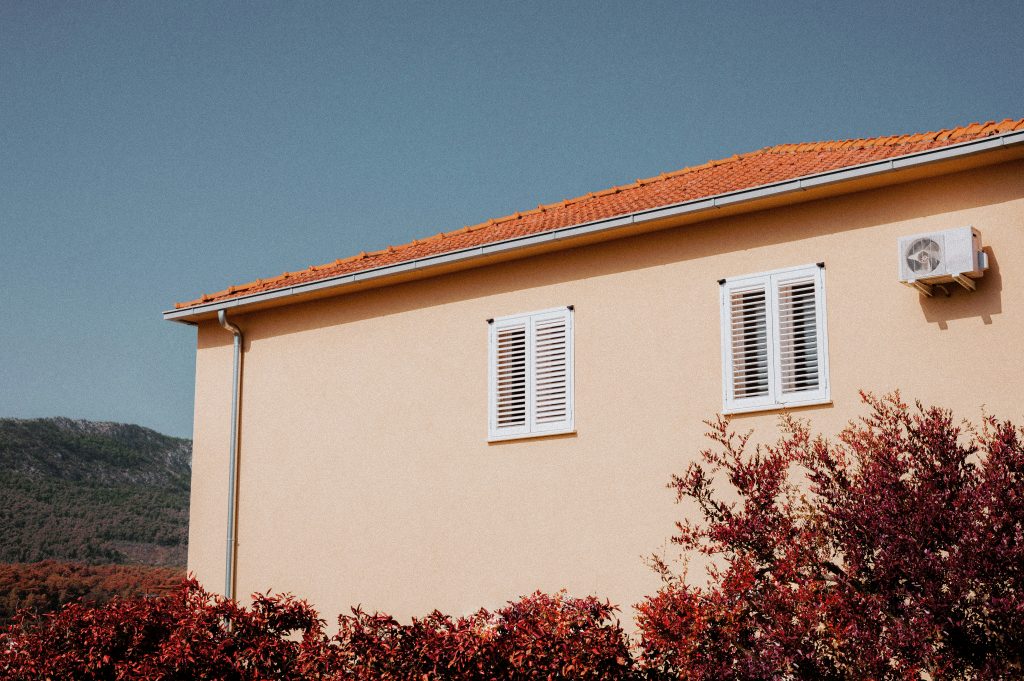
However, before March 2025 rolls around, all local government units will have to make decisions on property taxation in their area. That will involve zones and associated tax rates, and that decision will need to be made by the end of February 2025. For 2026 and each subsequent year, such decisions must be published by mid-December of the current year in order to be valid the following year.
In areas that haven’t previously levied a holiday or so-called “weekend home” tax, a lower rate of 0.6 euros per square metre will apply, unless a new tax amount is prescribed. In cities and municipalities that have levied such a tax, such properties will continue being taxed at the rates that applied to holiday homes until further notice.
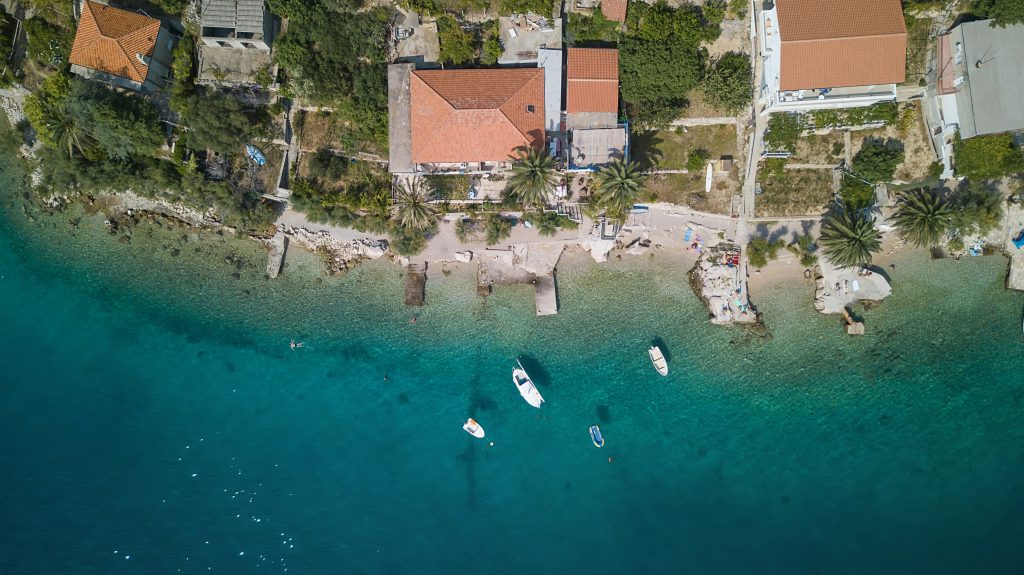
Property tax in that case will range from 0.6 to eight euros per square metre, with each local government unit publishing the rules on the basis of which decisions on exemption from the tax obligation will be made. The criteria for exemption can be social, as well as the quality of the property and the absence of any communal infrastructure. Likewise, the law provides local authorities the option to tax certain luxury properties at more than eight euros per square metre, which they’ll also have to state in their criteria.
Owners who rent out their apartments to tenants for at least ten months a year will be required to submit rental contracts as part of the Croatian tax changes coming in January 2025. Evidence will also have to be submitted for related household members who live in properties owned by family members. Hypothetically, the first decisions on the payment of property tax could arrive as early as April the 1st, but it’s far more likely that the sending of such decisions will be moved to the middle of the year. This is because property owners are being given a deadline to report all relevant data for taxation during the first three months of the year.
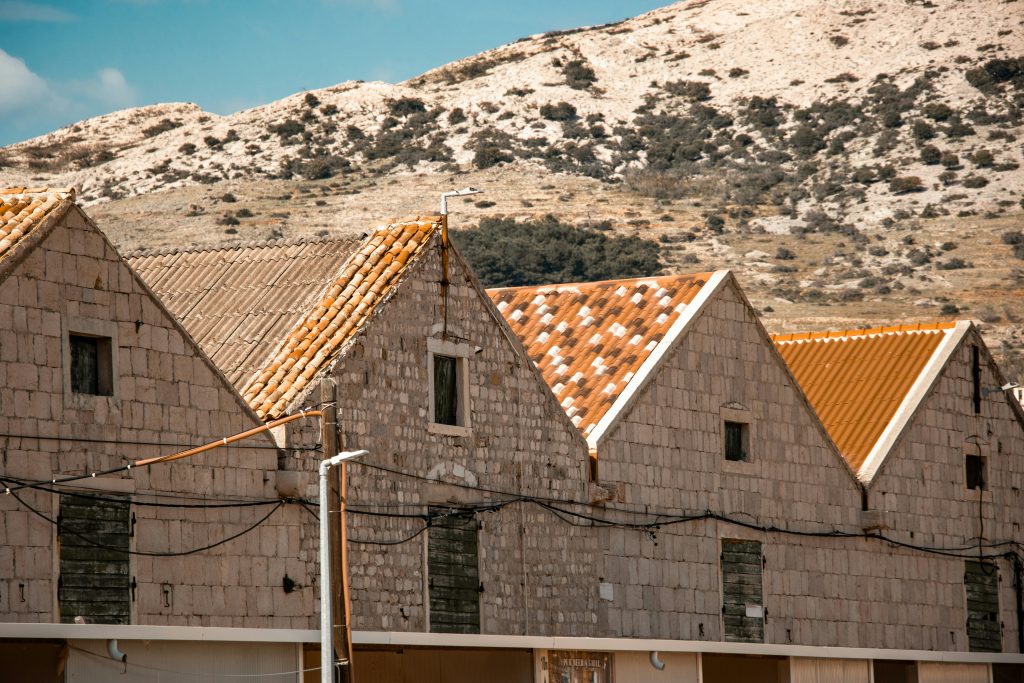
The tax authorities will also require some time to check and process all of the data received. Electricity and gas consumption per apartment will also need to be checked, on the basis of which it will be assessed whether those properties are occupied for most of the year or not. The basis for the collection of this new tax will be the records used to calculate and pay utility fees, which will continue to be collected without any hindrance, regardless of the taxation of empty properties.
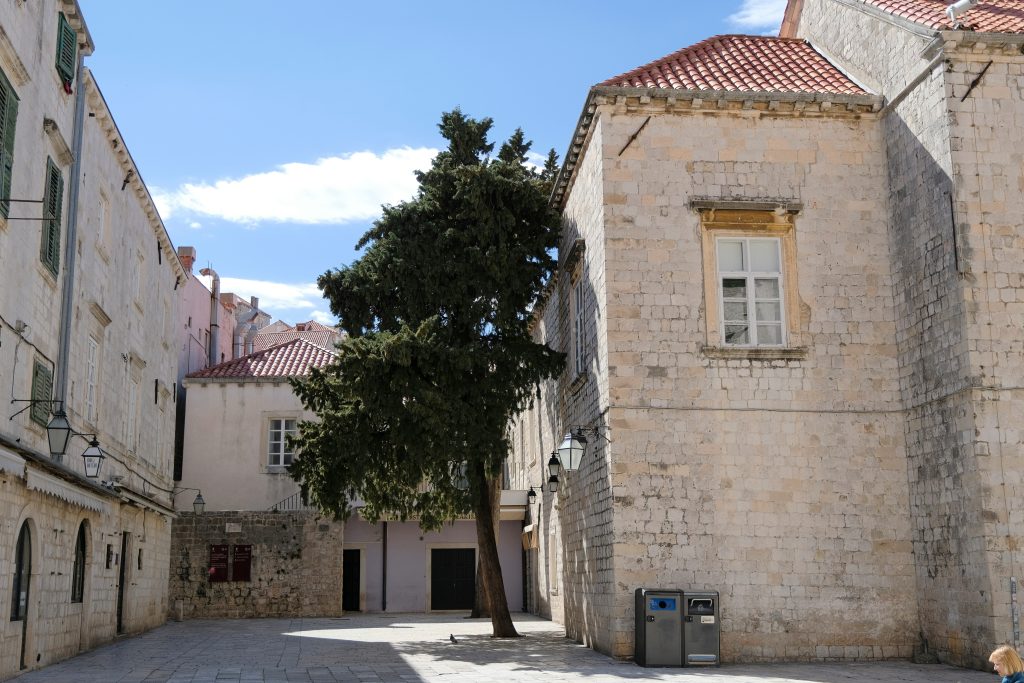
The Tax Administration maintains and publicly publishes all data on local taxes. That is including data on income tax rates, as well as the amount of property tax, and the amount of the flat-rate tax on short-term rentals, i.e. renting apartments and houses out to tourists. Landlords will have to pay an increased flat-rate tax on short-term rentals, property tax, and associated utility fees.
The biggest tax hit is expected to be placed on on tourist rentals. Depending on the tourism development index, municipalities and cities must also decide on the amount of the flat-rate tax per bed by the end of February. The range will range between 150 and 300 euros per year per bed for the most developed units, for those in the second group the flat-rate will be from 100 to 200 euros, for the third from 30 to 150 euros, and in the least developed tourist areas – that sum will amount to 20 to 100 euros per bed. If a region doesn’t prescribe the amount of the flat tax required, the average price prescribed by the government will be applied. That amounts to 225 euros per bed in the most developed regions, 150 euros in the second zone, 90 euros in the third zone of development and 60 euros in the fourth.
salary tax
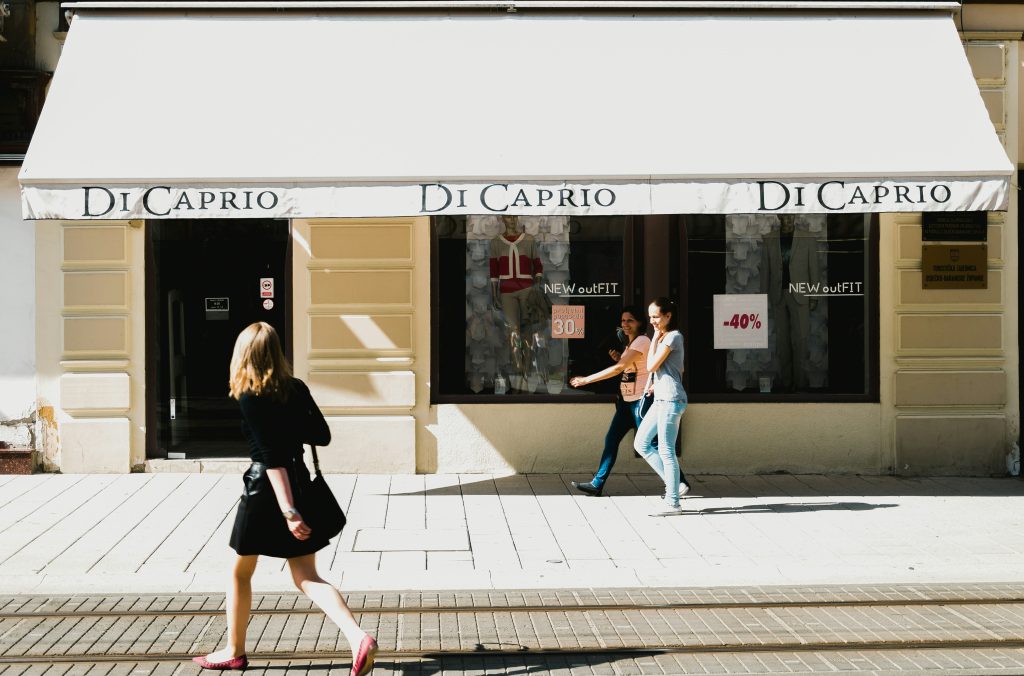
As the personal allowance sum increases from 560 to 600 euros from the beginning of next year, salaries will increase by approximately eight euros, and pensions exceeding 600 euros will increase by four euros. Benefits for dependent family members will also increase in proportion to the personal allowance. That means that a decently paid worker with two children could receive a 15 to 20 euro higher salary based on the child allowance. For those who earn less, child allowances are just a right on paper that they can’t actually utilise.
The threshold for applying a higher income tax rate will also be increased from 50,400 to 60,000 euros, which will give tens of thousands of people a raise of around 200 euros. The state has also set ranges within which local government units must operate when prescribing income tax rates. That could bring some areas, such as Zagreb, several euros more. Municipalities have been set an upper limit up to which they can prescribe a lower income tax rate of up to 20 percent, smaller towns to 21 percent, larger towns and county seats to 22 percent, and the City of Zagreb to 23 percent.
The lower limits for the lower income tax rate will remain at 15 percent in relation to the Croatian tax changes coming on January the 1st, 2025, and for the higher, they’ll be at 25 percent. Another novelty is that returnees, which refers to Croats who have lived and worked abroad for at least two years, will be exempt from paying income tax for five years if they find employment here in Croatia.
Tax breaks in the croatian labour system

From the beginning of next year, the state will no longer grant companies new five-year exemptions from paying healthcare contributions for young people employed on a permanent basis. The measure will be abolished after ten years of application, but the exemption will apply to everyone who has received an exemption so far, or whose employers employ them permanently by December the 31st, 2024.
The one-year exemption from paying healthcare contributions will apply solely to employees who are entering the world of work for the first time, or are getting their first job. Young people will continue to receive a refund of their income tax, it will be paid in full for everyone under the age of 25. Half of the income tax sum will be paid out for young people aged 25 to 30. The threshold for entry into the VAT system for small enterprises will also be increased to 60,000 euros.









